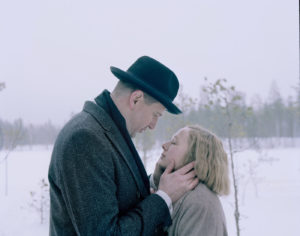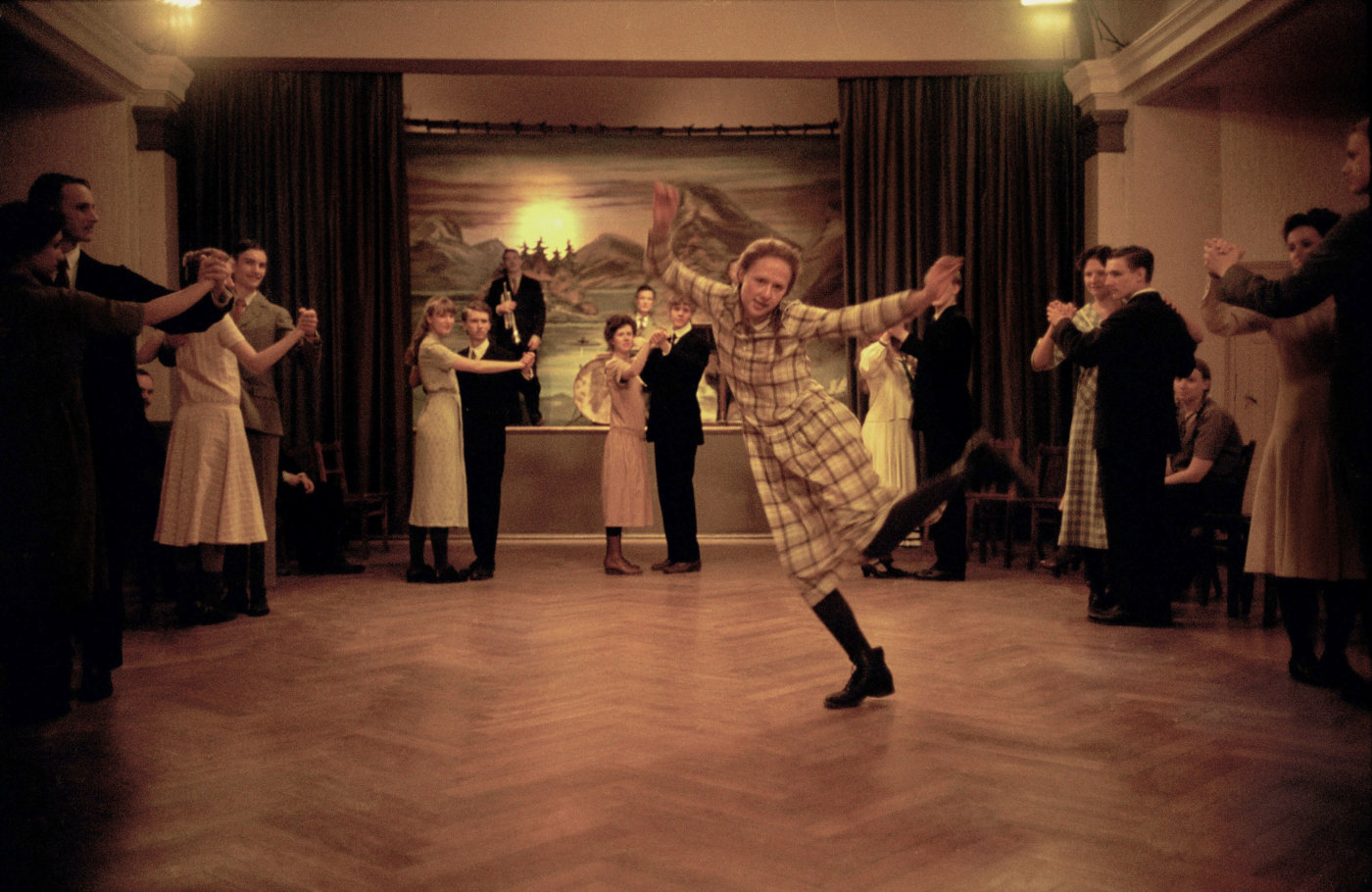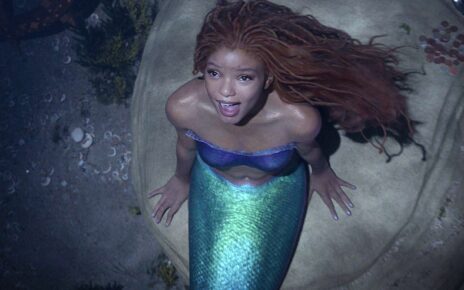Given the current rise in girl empowerment, it is probably time for a Pippi Longstocking revival. In fact, the Pippi-train is quite overdue. For young feminists perhaps not into the violence or sexual sadomasochism of Wonder Woman (psst, there was more than one Wonder Woman film out in 2017), Pippi might appeal. However, only the barest hints of the fictional Pippi Longstocking show up in this biopic about her creator.
Unfortunately, Becoming Astrid has next–to-nothing to say about the fictional Pippi we know. Yes, there were some ties to the books Astrid Lindgren wrote, but this film comes off far more as making a documentary on Fred Rogers and focusing on his sweater collection. Judging solely by the adventures of Astrid Lindgren (nee Ericsson), I’d have guessed Pippi was lonely, depressed, and sought to please -and I mean really please- any man who came into her life.
Astrid Ericsson (Alba August) grew up a Plain Jane god-fearing farmgirl in a small Swedish town in the 1920s. At a public dance, the boys avoid her like week-old lutefisk, so she ends up having to pull an Elaine Benes by herself. Astrid’s writing hasn’t gone unnoticed, however, and soon she is in the employ of the town’s newspaper editor, Blomberg (Henrik Rafaelsen). Her interview with old man Blomberg is a cute word association game; he loves her sunny, hopeful disposition, and hires her on the spot. Yeah, yeah, that sounds like Pippi, right? Just wait.
Astrid starts growing attached to Blomberg. I suppose it’s natural as they work five feet apart, but this ain’t a good idea. Blomberg is pushing 50, estranged from his wife, and father of enough children to comprise a hockey team. Inspired by the 1926 Swedish Vogue thrust in front of her, Astrid marches to the barber salon and hacks off her childish pigtails (that is so Pippi!) … will Herr Blomberg notice? Now I know you’re thinking: “Where’s the part where she gets a dragon tattoo?” Not this tale. Next scene, her boss is morose and she mistakes his need of comfort for sexual advancement. After he says “this isn’t a good idea” she promptly removes her outfit and it is on like Bergman.
FWIW, the age of consent in Sweden is 15 (although I dunno what it was in 1926), so while sixteen-year-old Astrid having sex with a man thrice her age is neither wise nor, shall we say, “charming,” it isn’t illegal. There are, like, three men in the film – one is Astrid’s father and Astrid manages to sleep with the other two, who were both her direct bosses. Daddy issues much, Astrid? And having sexual relations with your far older married neighbor … Is that just soooooo Pippi Longstocking or what?
two, who were both her direct bosses. Daddy issues much, Astrid? And having sexual relations with your far older married neighbor … Is that just soooooo Pippi Longstocking or what?
This relationship dominates the next five years of Astrid’s life, which are miserable. And by the time she resurfaces in the world of happiness, the film ends and we still have no idea when, how, or why she started penning Pippi Longstocking. The question here really is: if this were the life of a normal girl named Astrid and not the author of a beloved series of children’s books, would the film have been made? The answer is “no” and it’s not very close. The only reason we’re watching Astrid’s Exhausting Adventures is she turned out to be someone famous, but there are precious few hints as to how the fame was inspired; I wish the girl’s sad tale could be enough for me. It is not.
♪You’re pentin’ up things as if you don’t care
You’re so tight lipped like you’re on a dare
You got thirty words that all mean “stoic”
Keepin’ a straight face is cultural heroic
Swede emotion
Swede emotion♫
Not Rated, 123 Minutes
Director: Pernille Fischer Christensen
Writer: Kim Fupz Aakeson, Pernille Fischer Christensen
Genre: The ballad of somebody who may or may not be famous, we think
Type of being most likely to enjoy this film: Feminists conveniently forgetting this bio was supposed to give insight
Type of being least likely to enjoy this film: Pippi Longstocking fans
♪ Parody Inspired by “Sweet Emotion”



